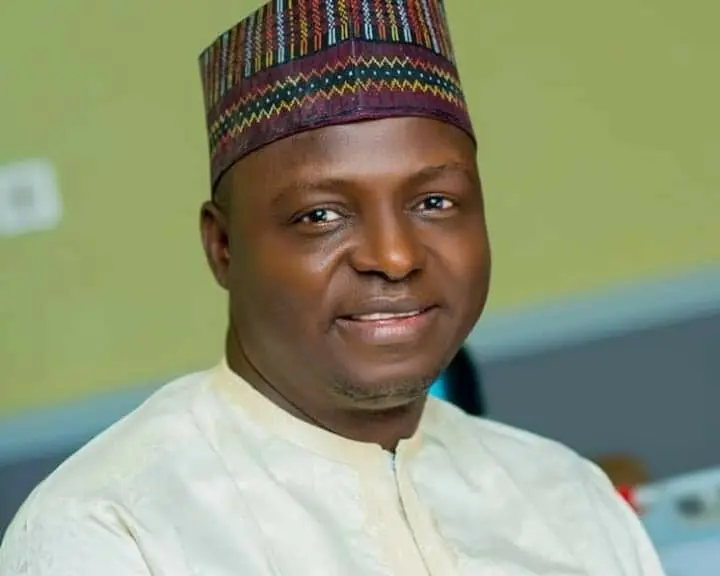POLITICS

HOW I BECAME APC CHAIRMAN DESPITE BEING GENTLE – PROF. YILWATDA SPEAKS
The newly appointed National Chairman of the All Progressives Congress (APC), Professor Nentawe Yilwatda, has opened up about how he emerged as party leader despite being known for his calm and gentle personality.
Yilwatda, who hails from Plateau State, made the remarks during an interview on Channels TV’s Politics Today, where he shared his vision for leading Nigeria’s ruling party. He emphasized that while his demeanor is soft-spoken, his leadership will be bold and driven by teamwork.
“Look at the body language of Mr. President — soft, calm, and gentle — but he’s taking very tough economic decisions. That’s my model,” he said, referring to President Bola Tinubu.
Yilwatda promised to take tough decisions when necessary, saying it’s a mandate given to him by both the President and members of the party. “I will take tough decisions, but with a gentle tone. We’ll focus on teamwork and collective interest,” he stated.
Despite not having a sitting APC governor in his home state, the former Minister of Humanitarian Affairs explained that his emergence was a result of broad consultations and consensus-building within the party. “The governors endorsed me. Everything happened through mature and smooth consultation. That’s what APC stands for,” he said.
He also explained that his role as National Chairman is largely one of coordination. “The real power of the party begins at the ward level, which is overseen by governors and state party chairmen. At the national level, we mostly coordinate and ensure synergy across the board.”
Yilwatda’s emergence is being viewed by many as a sign that APC is leaning into internal unity and inclusive leadership, focusing less on personal power and more on collective party progress.
As he begins his tenure, party members and political observers will be watching closely to see how this calm and consultative leader navigates the high-pressure role of leading Nigeria’s ruling party.
"This represents a significant development in our ongoing coverage of current events."— Editorial Board









